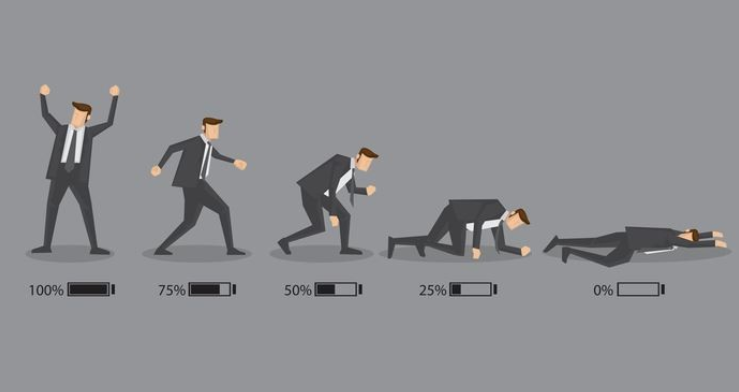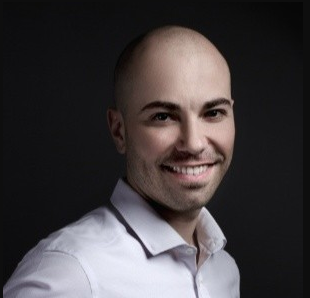On sleep deprivation, anxiety, and the professional shadow of a doubt
Adland has an problem, and its one that’s been flying under the radar for far too long. Zenith strategist Shann Biglione explains.
I’m typing this today after yet another restless night. Not a late one (I usually go to bed fairly early), but one interrupted constantly, and which abruptly ended around 4:30am with no sign of extra sleep.
I know I’m not alone, and see many of my colleagues suffering the same, some more openly than others. I’m, unfortunately, not special. Maybe a norm, even.
Being tired comes with a baggage of side effects which are dangerous to everyone’s professional and personal ambitions. Exhaustion clearly makes you more negative and grumpy, leaving all the glasses half empty. Maybe a great deal of my dissatisfaction (and subsequent ranting) with my industry even comes from my lack of rest.
Sure, there are ways to improve this, the obvious basics we can easily guess and read often about: eat healthy, try to eat light in the evening, exercise as regularly as possible, avoid alcohol during the week, avoid screens in the bedroom, go to bed as soon as you feel sleepy (which the 35+ crowd here knows tends to be earlier as you get older)… At least these have, when followed, helped me get better at it, and increase the chances of having a restful night. But sadly they do not fix the deeper issues, and they can amplify a grinding feeling of routine.
I have noticed that we are generally unequal when it comes to sleep quality. Some people I know have amazing sleep without needing to do anything special. Others, like me, do their best and still fail, probably because a great deal of one’s sleepless nature comes from built-in anxiety, which runs deep in my family.
Like clockwork, the anxiety fuels the sleeplessness, and the sleeplessness fuels the anxiety.
Anxiety can be a good adrenalin boost, but when chronic it becomes an incredible enemy. It destroys moments that should be enjoyable, because you see what can be lost. It removes any life satiety, because you could (should) probably do more. It makes everything look and feel like a rat race, even when you should consider yourself lucky to have pretty much everything. It’s a draining emotional contradiction that is hard to rationally reconcile.
Why can’t I get out of it?
I thought it was because of work, but long holiday breaks have taught me it’s not. I thought it was because I was not senior enough, but I’ve come to realise it might have actually worsened things (the imposter syndrome, at least, seems to get worse). It’s a weird damned if you do, damned if you don’t kind of thing.
I have learned to care less about things. Not in a careless way, just in a “you’ll survive it” kind of way. Learning how to be a “lazy productive” has been one the best career advices I have received. Being able to take care of your carelessness, working on being efficiently lazy is a skill everybody should learn.
I personally find that reading and writing helps. Reading lets you connect your mind to other things. Writing gets stuff out of your system and forces you to think about your distress in more constructed ways, giving you a chance to better deal with it. It’s at least cathartic, because rather than avoiding things altogether, the way binging on yet another episode of your TV series would, it helps you take a more spectator view and makes it easier to soothe the concern.
I have also found is that it’s important to express these feelings with people around you, whether a confidante, a partner or just a colleague you know who can take a bitching.
It’s always amazed me how many people shared the same vain and meaningless distress. Knowing you’re not alone has helped me tremendously to come to terms with the fact I was, at least, not just weird.
We need to take care of ourselves, physically and intellectually. Find ways to let it out, whether it means punching a bag or a keyboard. Change what’s needed, because being too resilient will cost you, but knowing that change itself will not solve it. I have changed so many things, so many times, and it’s still here. It’s like a shadow that will always follow me. And I’m slowly learning that it’s not about falling for the temptation to find a space in the shade, far away from the world, to make it disappear. It’s about valuing and enjoying the bright light that projects it.
Shann Biglione is head of strategy at Zenith USA. This post first appeared here.




What a great article, very honest and something I can relate to. Thanks for sharing it with us.
A management consultant and strategy director advising brands, CMOs and executives… but doesn’t know the difference between “too” and “to”. God help us.